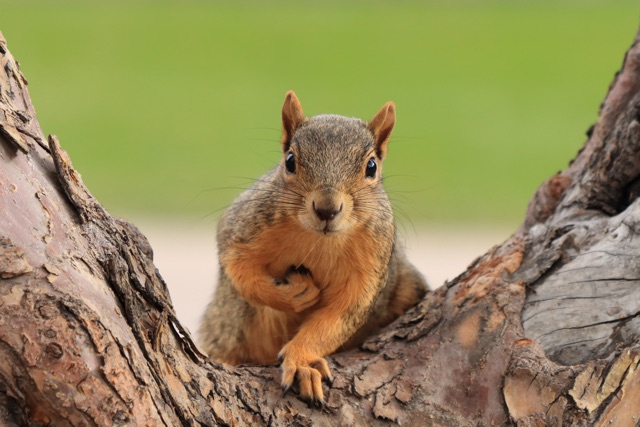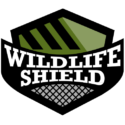
The sight of squirrels playfully frolicking in your yard can be delightful. However, these seemingly harmless creatures can turn into electrical hazards when they decide to chew on wires. Squirrel wire-chewing poses a significant threat to your home’s electrical system, potentially leading to electrical fires, power outages, and costly repairs. In this article, we’ll delve into the dangers of squirrel wire-chewing and provide essential tips to prevent these hazards and keep your home safe.
Understanding Squirrel Wire-Chewing:
Squirrels are known for their constant need to gnaw on objects, including electrical wires. They do this to maintain their teeth length, which continuously grows throughout their lives. Unfortunately, electrical wires become prime targets for squirrels, especially when they find their way into your home or crawl spaces. Their sharp teeth can easily pierce through the protective sheathing of electrical wires, exposing the live conductors within.
The Dangers of Squirrel Wire-Chewing:
Electrical Fires:
Exposed wires can lead to electrical arcing and sparking, creating a fire hazard. In the confined spaces of your walls or attic, these sparks can quickly ignite nearby flammable materials, leading to a potentially devastating electrical fire.
Power Outages:
Squirrel-induced wire damage can cause short circuits or complete wire breaks, resulting in power outages. These outages can disrupt your daily life and require immediate attention to restore electricity.
Expensive Repairs:
Repairing electrical wires damaged by squirrels can be a labor-intensive and costly process. Professional electricians may need to trace and replace the damaged wiring, which can involve extensive work within your walls or attic.
Preventing Squirrel Wire-Chewing:
Use Squirrel-Resistant Materials:
When conducting electrical work or repairs, consider using squirrel-resistant materials. Some wires come with added protective coatings, making them more resistant to squirrel gnawing. Consult with an electrician about using such materials in vulnerable areas.
Seal Entry Points:
Preventing squirrels from entering your home is the best defense against wire-chewing incidents. Inspect your home’s exterior for any gaps or openings, and seal them off using galvanized steel mesh or metal flashing. Pay particular attention to areas where wires enter the house, as squirrels may attempt to access them from outside. Other vulnerable areas on your roof can include your roof vents, plumbing vents and your drip edge.
Trim Tree Branches:
Overhanging tree branches can act as highways for squirrels, allowing them to jump onto your roof and find ways into your attic. Trim back tree branches that are within a reasonable distance from your home. Creating a buffer zone between the trees and your roof can discourage squirrels from attempting to access your attic.
Use Motion-Activated Devices:
Motion-activated devices can be effective deterrents to keep squirrels away from your attic. These devices emit sound, light, or a burst of water when they detect motion, scaring away squirrels and other critters. Place these devices near vulnerable entry points or areas where squirrels are frequently seen to create a hostile environment for them.
Keep the Attic Clean and Unattractive:
An uninviting attic is less likely to attract squirrels. Keep the attic space clean and clutter-free, removing any potential nesting materials or food sources that may attract them. Regularly inspect and maintain the attic to address any signs of squirrel activity promptly.
Hire Professional Squirrel Removal Services:
If you suspect or have encountered squirrel activity in your attic, it’s best to seek professional squirrel removal services. Licensed wildlife experts have the knowledge, tools, and experience to safely and humanely remove squirrels from your attic. They can also offer advice on additional squirrel-proofing measures tailored to your specific property.
Squirrel wire-chewing is a real electrical hazard that can have serious consequences for your home and safety. Understanding the dangers of this behavior and taking preventive measures is crucial in keeping your property protected. By using squirrel-resistant materials, sealing entry points, installing roof vent covers, securing plumbing vents, reinforcing the roof’s drip edge, trimming tree branches, using motion-activated devices, keeping the attic clean, and seeking professional squirrel removal services when necessary, you can effectively prevent squirrel wire-chewing and ensure a safe and functioning electrical system for your home. With vigilance and proactive measures, you can prevent squirrel wire-chewing and ensure a safe and functioning electrical system for your home.
